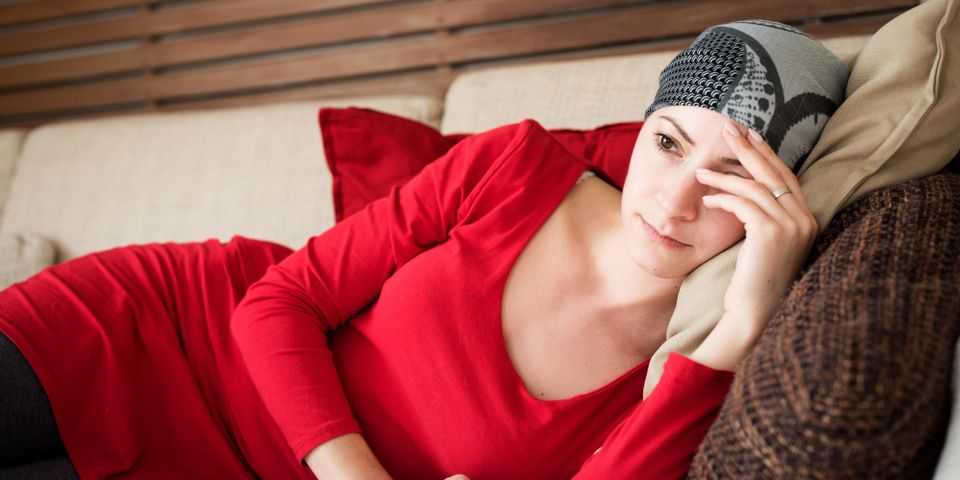5 Ways to Cope With Fatigue During Cancer Treatment

Chemotherapy is one of the most effective cancer treatments available. However, as this therapy works to destroy cancer cells, it can also kill healthy cells. As a result, your body will have to expend more energy to recover—a response that can leave you feeling significantly fatigued. While feeling exhausted, weak, and unfocused may make coping with cancer treatment more difficult, seeking ongoing support from your oncology team and trying these following solutions can improve your fatigue management.
5 Fatigue Management Tips During Chemotherapy
1. Take Notes, Track Patterns
Keep a daily journal in which you rate your levels of fatigue on a scale of 0 to 10, with 10 being the most fatigued. Make notes of specific factors that might be adding to your symptoms—such as the amount of sleep you had the night before, what you ate, and what times of day you feel fatigued. Your oncologist can use these notes to detect patterns and pinpoint possible solutions to address them.
2. Embrace Light Exercise
 When you’re exhausted from chemotherapy, exercise may seem like the last thing you should do. However, lack of physical activity can sometimes make the body even more tired. By contrast, engaging in light fitness that’s approved by your oncologist—such as small walks or gentle yoga—can help boost your strength and ease fatigue.
When you’re exhausted from chemotherapy, exercise may seem like the last thing you should do. However, lack of physical activity can sometimes make the body even more tired. By contrast, engaging in light fitness that’s approved by your oncologist—such as small walks or gentle yoga—can help boost your strength and ease fatigue.
3. Nourish Your Body
Nausea associated with chemotherapy can make it difficult to eat regularly throughout the day. However, it’s important to make sure you eat enough nutritional foods to provide your cells with energy. To combat this challenge, try to eat small foods that pack a lot of nutrients—such as nuts, broth, fruit, and whole grains. Staying hydrated can also help minimize fatigue.
4. Limit Naps
If you feel like napping during the day, try to limit rest periods to 30 minutes or less. Taking longer naps could throw off your circadian rhythm and make it more difficult to get a full seven to eight hours of sleep at night. Not getting enough quality sleep at night will usually mean feeling more tired during the day.
5. Manage Seasonal Affective Disorder
The extremely short and long days in Alaska can increase the likelihood of seasonal affective disorder (SAD) and other related mental health conditions—such as depression and anxiety. While it can be difficult to tell symptoms apart from chemotherapy-related fatigue, it’s important to discuss the possibility of SAD with a health care provider. Your doctor may prescribe several different solutions to minimize SAD symptoms and reset your biological clock—such as light therapy and antidepressants.
Navigating cancer treatment—and its effects—isn’t something you have to do alone. With the support of Alaska Oncology and Hematology, LLC, patients in Anchorage can gain access to comprehensive cancer care solutions—such as those that include chemotherapy. Taking an individualized approach, these compassionate oncologists will work with you to refine treatment to make the experience more comfortable. To learn more about their approach, visit this oncology provider online. For consultation appointments, call (907) 279-3155.
About the Business
Have a question? Ask the experts!
Send your question

